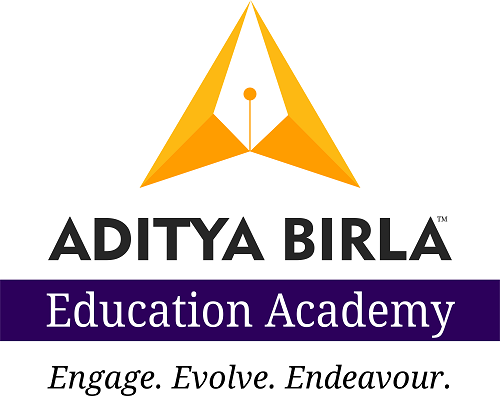The learning that we need will be completely different from the education that we currently receive. The accelerating force of digitalization will be even more disruptive.
Amidst so many uncertainties, what is the future path we must traverse? What will our students need to know, believe and do in order to add value to such a rapidly changing world? Will our schools, summon the professional courage, to shift their practices in order to better support the personal growth, of the next generation of young people?
The landscape has shifted away from the notion of a singular path, towards a much more elastic understanding of how we will have to make a school more technologically emergent, inextricable, and alive. Through this pandemic, we would have become different people, irreversibly and unstoppably.
Mindsets change in traumatic situations. The pandemic trauma has really affected the teaching community. They have had to reset and rewire their teaching brain along with transacting a different kind of learning in the classroom.
The post pandemic world, will see economies shifting from low-skilled, localized labour to globalized knowledge work that requires considerable technological training. Emotional and Social skills are essential and will become a very integral part of interpersonal communications, problem solving, critical thinking, empathy, negotiation, conflict resolution, dialogue and relationship building. These will offer the most powerful keys to success in the changing world, replacing the narrowly focused, repetitive skills that are the earmarks of an age gone by.
There will be need to physically equip teachers and students with better tools in the Classrooms.
Transformation will only take place if we bring in innovative pedagogies, increase creativity and collaboration, create communities of learners and provide them real-time feedback and assessment.
What we now see on the horizon is Education 3.0, a new phase in which educators will develop and implement a transformative template for the coming years. It will add to the power of cutting-edge communications, the latest pedagogical tools, and collaboration technologies to equip learners for work and life in the present age.
Education 4.0 will be about global connectivity, smart machines, aligning of people with technology, open sourced content to a globally connected humanity. We will also have to develop curricula that will combine core subjects such as language, mathematics, and science with contemporary trends of environmental literacies, global citizenship, gender, all rendered through a variety of technologies and blended learning.
Image source-freepik







